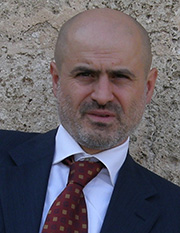Economics, Forest Management, and Wood Sciences (EGFSL)

The aim is to train young researchers able to carry out independent and original work and scholarship in the following fields: theoretical and methodological approaches for sustainable forest management; biodiversity conservation and enhancement of forest ecosystem services; qualitative and quantitative assessment of forest ecosystems, including forest inventory, remote sensing and forest modelling, also with newly-developed techniques in artificial intelligence; precision forestry and harvesting, sustainable and environmentally sound forest operations; improvement of systems and strategies for the protection against forest fires; definition of models and wildfire risk maps; wood supply chain and wood products; use of wood for structural and innovative products; methodology for the assessment and conservation of historical and artistic wood artifacts, including finite element modelling. The knowledge acquired will also include skills in evaluating and developing circular economic systems based on forest and environmental resources and the principles of sustainable development. The economic impacts of human activities on forest ecosystems, climate change, pollution, modification of natural resources or biodiversity will be covered, as well as the basics of economic valuation of environmental goods.
Academic Board and Supervisors:




Coordinator


PhD Students

XL Cycle

XL Cycle

XL Cycle

XXXIX Cycle

XXXIX Cycle

XXXVIII Cycle
Last update
05.05.2025
